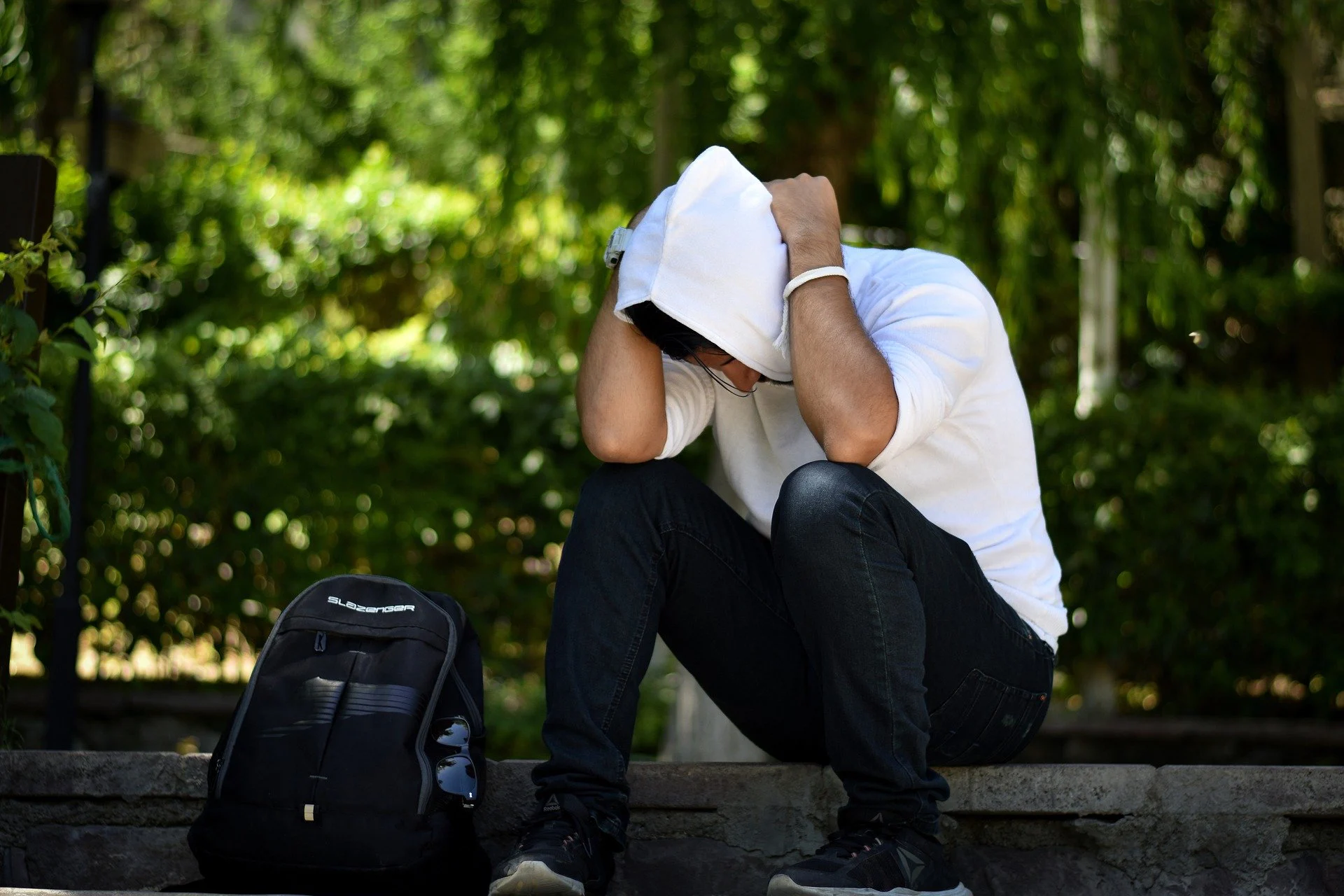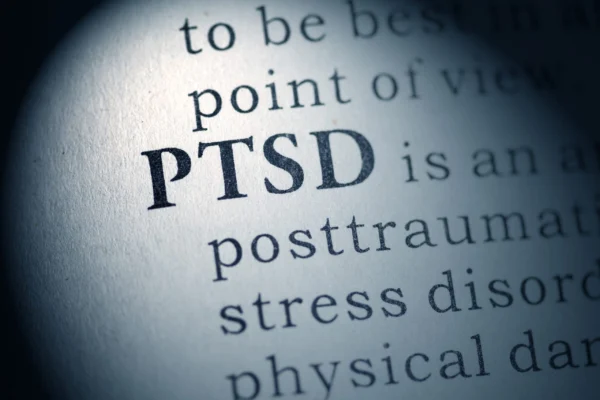In DSM-V criteria, post-traumatic stress disorder is now clubbed with a new group called trauma-and stress-related disorders. PTSD is defined as the psychological or emotional response to a traumatic experience or the aftermath of that trauma. (Association, 2013)
This was established in the DSM criteria when the veterans of Vietnam wars were having trouble returning to their normal lives after their military service. It was at first disagreed upon as it had a clear and explicit cause – exposure to trauma – but then a consensus emerged at the point that any extreme experience equivalent to what these veterans experienced will have a psychological response to it and will be diagnosed as PTSD. Traumatic stressors (or experiences) classified such as combat, rape, being confined in a concentration camp or in natural disasters like tsunami, tornado, cyclone, will fall under PTSD. It was found that 95 percent of the victims of rape were diagnosed with PTSD within two weeks of the rape. In PTSD, the trauma itself is a stressor but there is a pathological memory attached to the characteristics of this disorder. (Association, 2013)
Post-traumatic stress disorder is characterized by majorly four types of symptoms:
- Intrusion: Intrusive thoughts, nightmares of the memory of traumatic experience, physiological reactivity.
- Avoidance: Efforts to avoid thoughts and feelings about that traumatic event.
- Negative alteration in cognitions and mood: Feeling of detachment, distorted self-image, constant blaming oneself, etc.
- Arousal and reactivity: Hyper vigilance, aggression, reckless behavior.
In this issue, we will be focusing on the sociocultural aspects of PTSD, which will elaborate the nature and prevention of this disorder.
- It is reported that the minority communities seems to put them at higher risk of developing PTSD. A study was conducted on 3271 civilians who were evacuated from WTC on September 11, 2001. It was found that comparing to the whites, African American and Hispanic communities were diagnosed with PTSD even after 2-3 years of the incident.
- Second of all, education and socio-economic status also plays an important role in prevalence of PTSD, as it is seen that there were lower rate of PTSD in educated and higher economic strata.
- Returning to a hostile and unsupportive social environment will escalate the rate of prevalence of PTSD. It is argued that the social environment plays an essential role in coping strategies and intervention program of PTSD patients.
- On a gender-specific basis, males in prior combat, had a worse psychological deterioration which was fueled by the negative attitudes by the communities. In countries where the people are so reliant on the army and their soldiers, having a psychological breakdown seems like a weak point. This fact is overly stigmatized, due to which recovery is quite difficult. (Cox, 2019)
Sociocultural variables play an important role in determining a person’s adjustment to the normal civilized life compared to combat living. What a veteran needs when it is diagnosed with PTSD due to the trauma faced by them in the war time, is not judgments and unsupportive environment. They need family and communal support all the time till they recover from PTSD. They need acknowledgment and justification of their experience in combat and the assurance that they can recover from such stressful times. Now there are more morale-based and cohesive intervention plans for PTSD patients especially old veterans. (Aazami, 2018)
Read more articles on post-traumatic stress disorder:
Reach Out for Help Now
If you or a loved one are being held back by PTSD, Orchestrate Health’s team are here to help.
We deliver rapid assessments carried out at home by one of our psychiatric professionals, followed by a uniquely tailored care plan that best suits your needs.
Contact us today for a free PTSD assessment and start living the first days of your new life.
To get in touch call us on +44 (0)808 239 1847 or email us here.
References:
- American Psychiatric Association: Diagnostic and Statistical Manual of Mental Disorders, 5th edition. Arlington, VA., American Psychiatric Association, 2013.
- Aazami, Y., Sohrabi, F., Borjali, A., Farrokhi, N., & Farokh Forghani, S. (2018). The effectiveness of psychosocial model-based therapy on social skills in people with PTSD after burn. Archives of Rehabilitation, 19(3), 206-219. http://dx.doi.org/10.32598/rj.19.3.206
- Cox, D. W., Baugh, L. M., McCloskey, K. D., & Iyar, M. (2019). Social causation or social erosion? Evaluating the association between social support and PTSD among Veterans in a transition program. Journal of Military, Veteran and Family Health, 5(1), 71-79. https://doi.org/10.3138/jmvfh.2017-0040
- McCaslin, S., Ortigo, K. M., Simon, E., & Ruzek, J. I. (2018). Understanding and Treating Posttraumatic Stress Disorder (PTSD) in Veterans. In Military and Veteran Mental Health (pp. 225-243). Springer, New York, NY. https://doi.org/10.1007/978-1-4939-7438-2_15













